Lawyer on the truth about what’s happening to women in Afghanistan
It vowed to respect the women of Afghanistan, but recent behaviour shows the Taliban is doing the complete opposite.
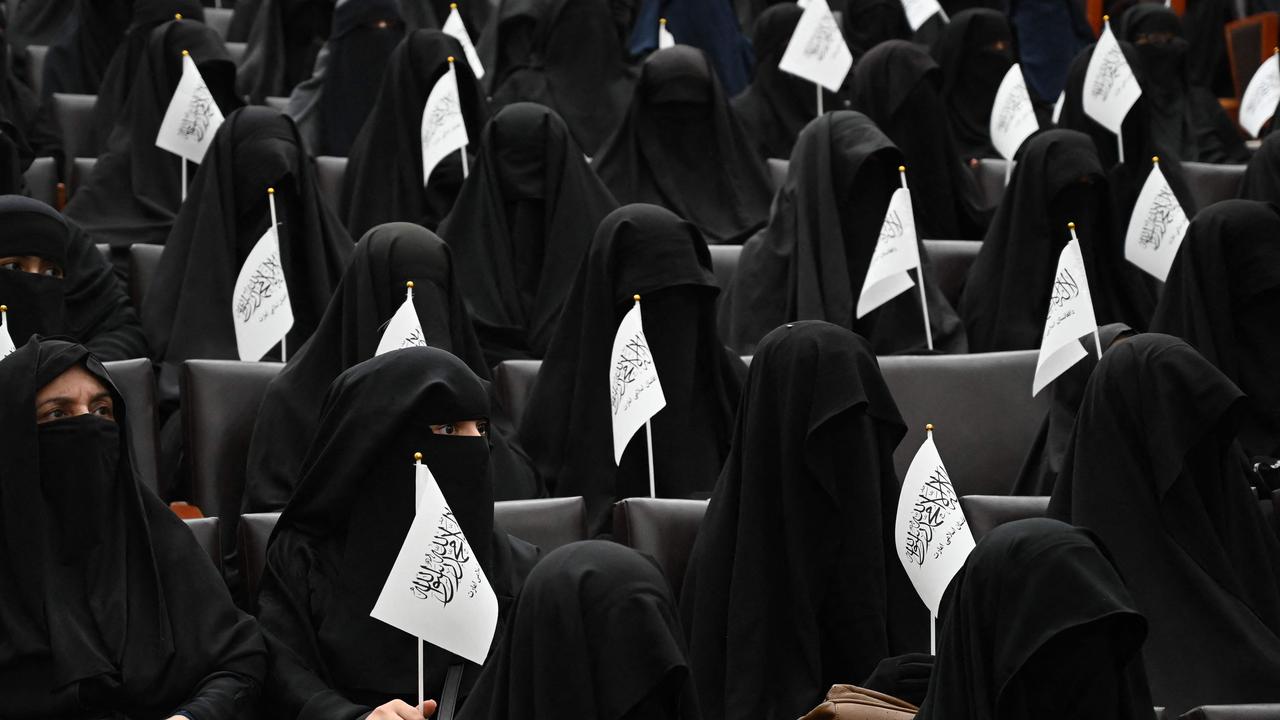
OPINION
It has been just over a month since the Taliban took control of Afghanistan, and it is clear from their actions in the last month that they haven’t changed.
On Sunday, female employees of the Kabul government were ordered by the Taliban to stay at home.
On Friday, the Taliban excluded girls from attending secondary school by announcing that males could return to high schools but making no mention of girls. In response to international outcry over this decision, the Taliban has just announced that girls would be allowed to return to school “as soon as possible” but still failed to provide a time frame. Teenage girls in Afghanistan await their fate anxiously.
The Taliban also appeared to shut down the Women’s Affairs Ministry on Friday, replacing it with the ‘Ministry for Propagation of Virtue and Prevention of Vice’. It is a Ministry that once enforced harsh guidelines on appropriate dress and behaviour.
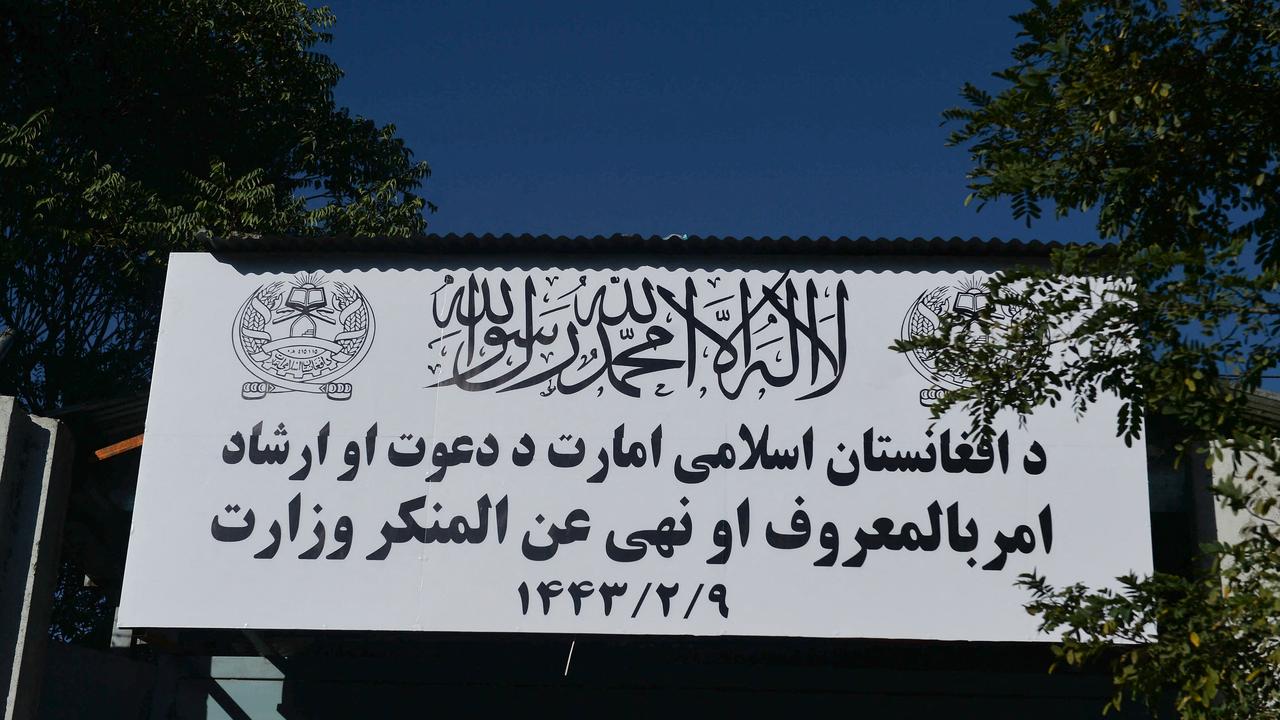
Despite their attempts to reassure the world that they would be inclusive and respect women, there were no female cabinet members selected in the Taliban’s new caretaker government, and they appear to have scrapped the post of Women’s Minister altogether.
Despite Afghanistan’s ethnically diverse population, the majority of the government are Pashtun. The acting Prime Minister Mullah Mohammad Hasan Akhund, is on a UN blacklist. The Interior Minister, Sirajuddin Haqqani, is wanted by the FBI for terrorism.
There have been a number of people killed due to violent policing of anti-Taliban protests that have taken place in various cities in Afghanistan. Now, the Taliban has banned protests that haven’t been pre-approved all together. Journalists who have covered these protests have been detained and severely beaten.
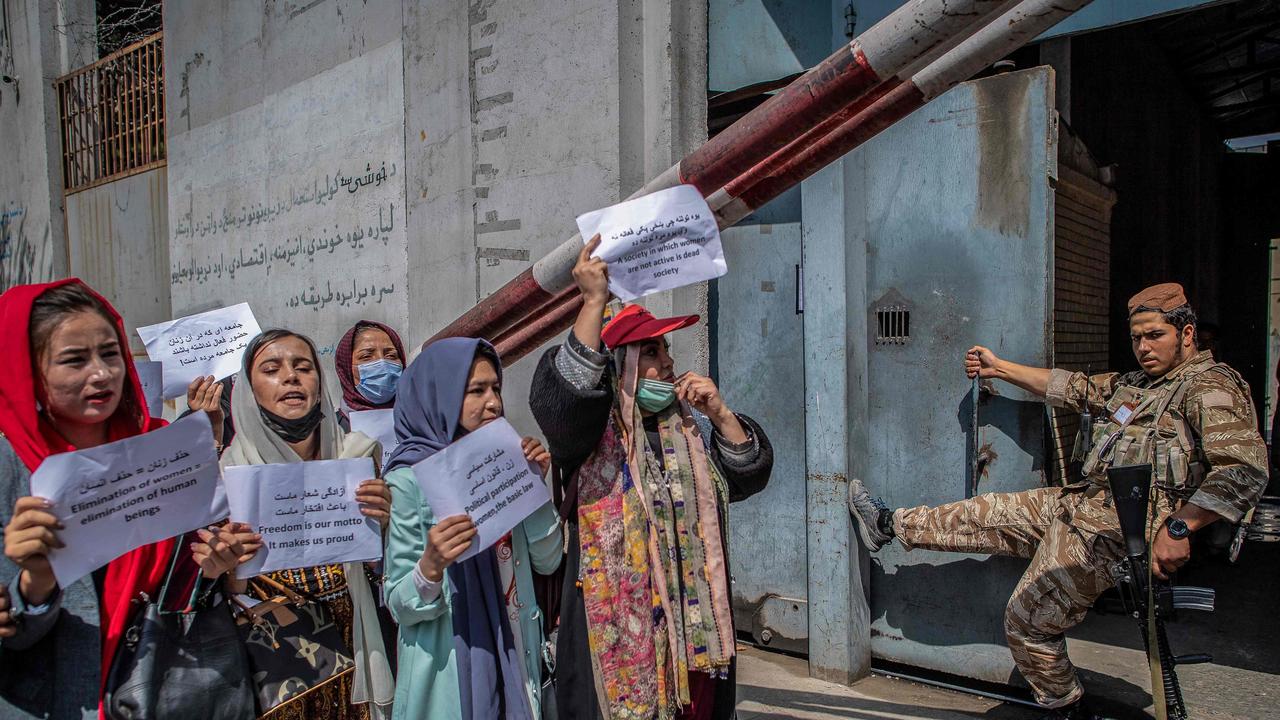
These are just some of the human rights abuses that have occurred in the last few weeks.
Last Monday, the UN High Commissioner for Human Rights reported others and on Tuesday, human rights groups including Amnesty International released a damning briefing detailing a litany of human rights abuses committed by the Taliban since they took control of Afghanistan.
This has all happened while the world still monitors the situation in Afghanistan closely, in a context where the Taliban desperately seeks international recognition. It is very concerning to conceive what the Taliban may do when the world starts to lose interest.
Meanwhile, the Australian Government is yet to take any of the practical steps the community has called for to address the situation in Afghanistan – a failure to genuinely support people from Afghanistan who are living in Australia or those in Afghanistan.
There are over 5000 people from Afghanistan living here in Australia on temporary forms of protection visas and they are ineligible for permanent residency because of the Government’s policies. The majority of them are Hazara, an ethnic group that has long been persecuted by the Taliban.
It is clear that they cannot return to Afghanistan and yet our Government continues to deny them permanent protection. This also has the effect that they cannot sponsor their spouses and children who remain in Afghanistan or elsewhere to join them, because they are not permanent residents.
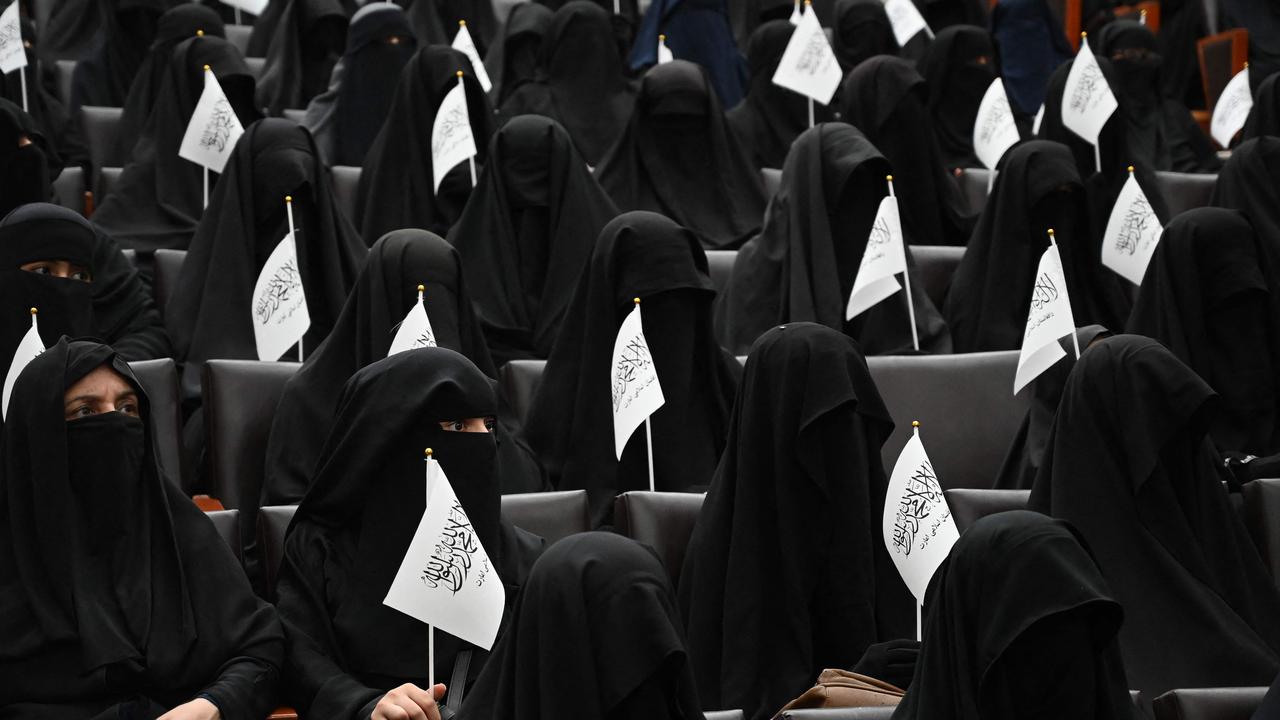
Despite calls from human rights groups and refugee organisations to offer these people permanent protection, Prime Minister Scott Morrison has refused to do so, stating: “I want to send a very clear message to people smugglers in the region that nothing’s changed. I will not give you a product to sell and take advantage of people’s misery.”
Mr Morrison has said that his refusal to grant people from Afghanistan who are on temporary protection visas permanency is motivated by deterrence. However, his stance doesn’t make sense given Australia’s current boat turn-back policy.
Due to the secrecy surrounding ‘Operation Sovereign Borders’ it is difficult to locate recent information around boat arrivals in Australia in recent years, however, information from Senate Estimates as at May 2018 suggests that the last time that an asylum seeker boat successfully arrived in Australia was in July 2014. Therefore, any boats that attempt to come now are being turned back at sea and are no longer making it to Australian shores to begin with, so the policy regarding what visas are available to refugees who are already in Australia and who arrived by boat almost a decade ago has no impact on anyone attempting to arrive now.
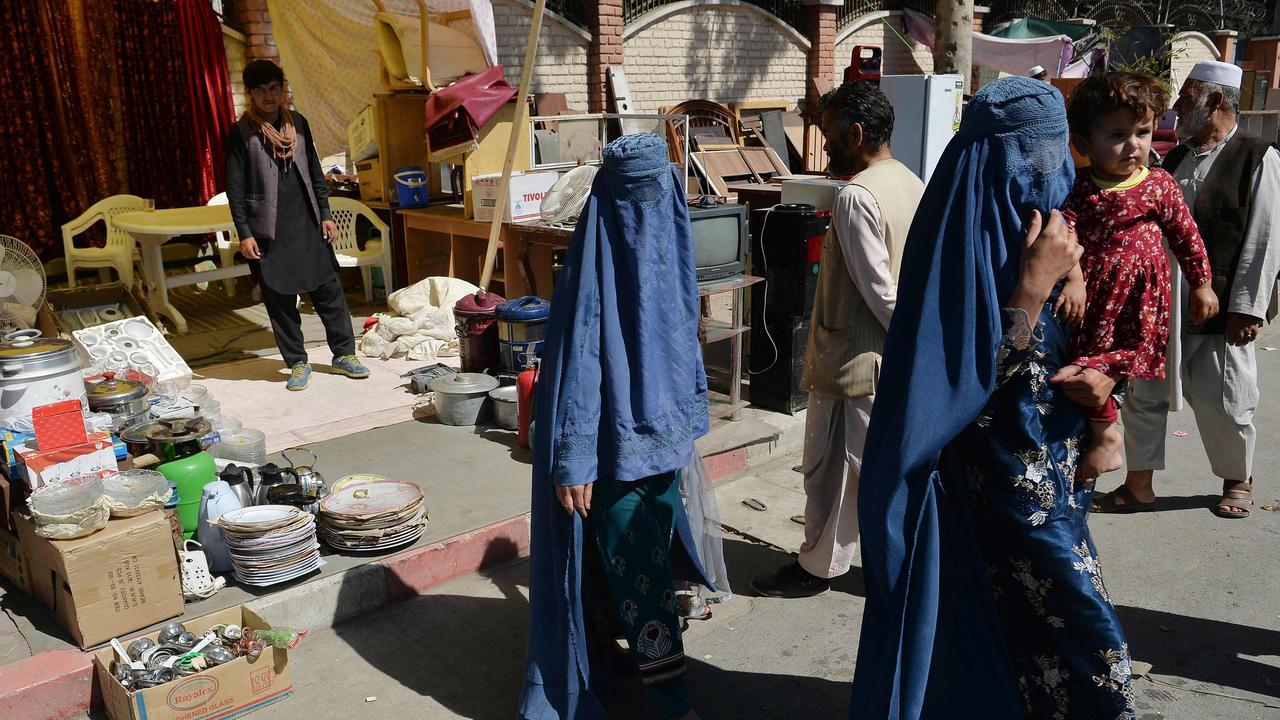
With respect to those suffering in Afghanistan, while other countries such as the UK and Canada have each introduced additional humanitarian intakes of 20,000 refugees from Afghanistan, Australia has announced just 3000 visas for people from Afghanistan. The catch is that these 3000 places are not additional to our existing annual humanitarian intake but are to be taken from within our existing intake.
As a lawyer who works in this space, it is devastating to deliver the news to hopeful Afghan-Australians seeking advice about proposing their relatives who are in dangerous situations in Afghanistan, that the chances of their application being successful are very low, simply because there are not many places available. While the Prime Minister did allude to potentially offering more places later, it has been over one month since he made that announcement and with the human rights crisis in Afghanistan worsening, nothing further has since been announced.
Furthermore, due to a ministerial directive, thousands of people from Afghanistan who arrived in Australia before the reintroduction of temporary protection visas and who now hold permanent protection visas, are effectively barred from being reunited with their families who remain in Afghanistan. This is because the directive requires that the Department of Home Affairs give their family’s visa applications the lowest processing priority.
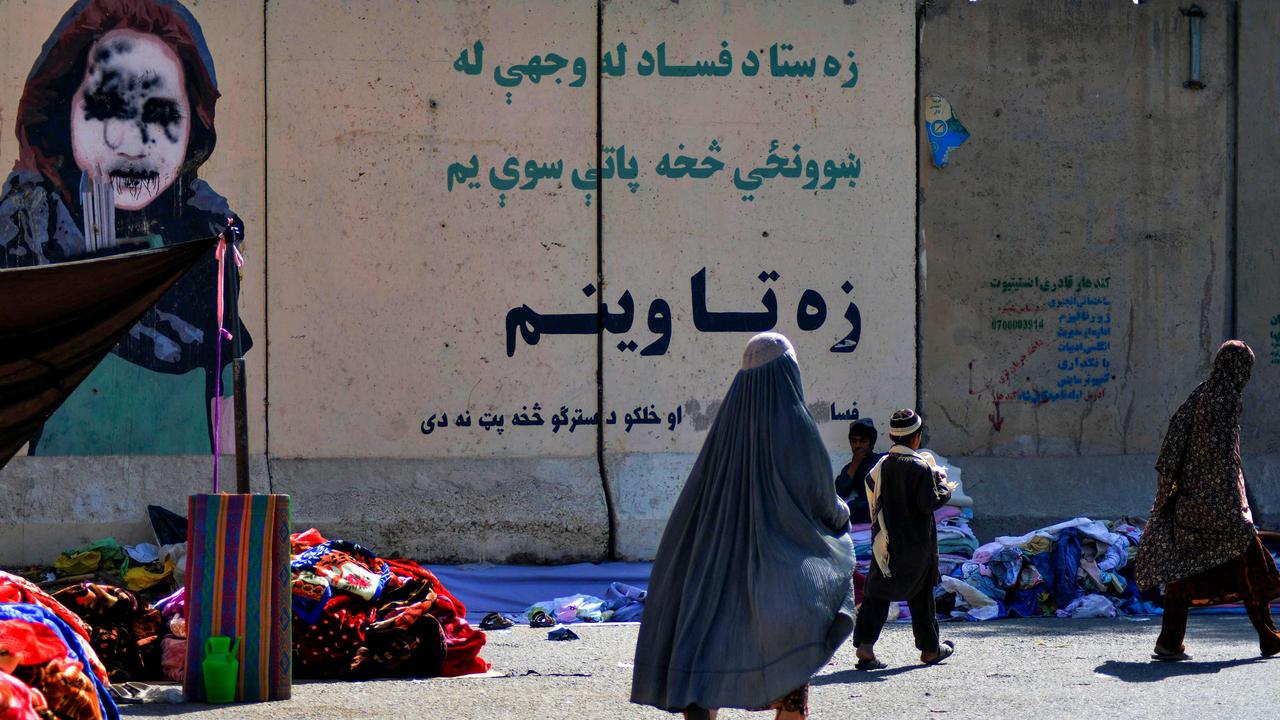
Australia prides itself on its freedom, democratic values and respect for human rights. It was the reason that Australia joined the war in Afghanistan in 2001.
However, Australia today is not taking the action needed to fulfil its promises of 20 years ago. Given the deteriorating human rights situation in Afghanistan, Australia’s lack of action is disconcerting.
Australia could easily offer permanent protection to refugees from Afghanistan already living in Australia. We could lift the effective ban on family reunification and we should move on this quickly. We could offer a one-off humanitarian intake from Afghanistan. As the humanitarian crisis in Afghanistan worsens, Australia must take these actions and do so with a sense of urgency.
Sharara Attai is a human rights lawyer with the Refugee Advice and Casework Service in Sydney. The views in this article are her own.





